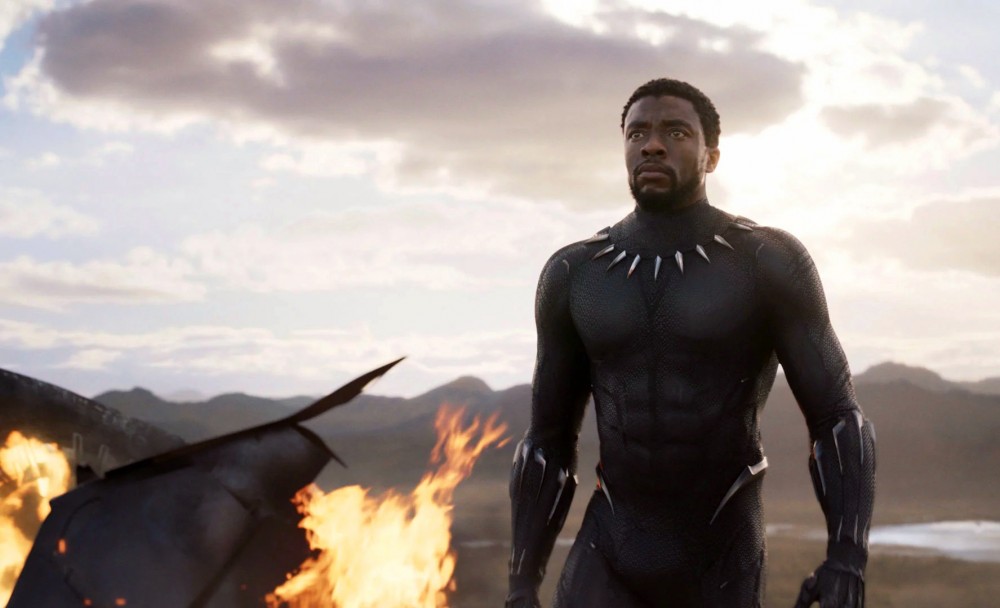Midway through Black History Month, Marvel released its highly anticipated film, “Black Panther.” With a dominantly black cast, director and writers, Black Panther earned $75.8 million dollars by Friday’s end, the eighth largest opening day in history.
How did Black Panther manage to create such an impact? Fans worldwide have been anxiously waiting for the film’s release, which was said to encompass modern social-political issues while celebrating African and African-American culture. Exemplified through casting, intricate costumes, native language, narrative soundtracks and story, Black Panther managed to do just that and more.
The film begins with the story of the creation of Wakanda, a fictional African nation built on a plethora of “vibranium,” the world’s strongest and most valuable metal. Wakanda and its people isolate themselves from the rest of the world, choosing to protect their nation and resources while becoming an incredibly intelligent and technologically advanced society in the meantime.
For extra security, and because this is a superhero movie, the Black Panther protects Wakanda from outside forces, and has since the beginning. After his father’s death, T’Challa, (Chadwick Boseman) becomes his nation’s king and is given the strength and power of the Black Panther through Wakandan tradition and ritual.
Occasionally spoken in the South African language isiXhosa, much of the conversation and plot tells of Wakandan tradition and T’Challa’s background.
Protected by the Black Panther and an army of bold women led by Okoye (Danai Gurira), Wakanda thrives. T’Challa is supported and encouraged by his mother and sister (Angela Bassett and Letitia Wright), and painfully in love with his ex, Nakia (Lupita Nyong’o). Surrounded by strong women in seats of power, knowledge and authority, Wakanda’s sense of feminism is apparent and appreciated.
There is also a beautiful display of masculine emotion throughout the film, fighting the stereotypes of cold masculinity and the anger and emotional hardness often associated with black men. Tears run rampant as characters are confronted with death, loss, love and loyalty. These displays of emotion add authority and humanity to the characters instead of shaming or weakening them.
As the film progresses and villains emerge, the audience is faced with a major dilemma. Wakandan tradition is tested when outsider Erik Killmonger (Michael B. Jordan) demands T’Challa’s throne to provide aid to the black lives that are oppressed and deprived in the United States.
Chaos results and the audience is left feeling every pain that our protagonist T’Challa endures as he defends his throne, while simultaneously hoping all hell breaks loose in the name of social and political reformation in the U.S. As characters are pushed to the limit, the audience and its priorities are tested.
“Black Panther” confronts a number of relevant issues, including the role of the social reformer, the effects of diaspora and privilege in isolation.
The release of Black Panther has already proved to have a major social impact. The “Black Panther Challenge,” which began as an online fundraising effort in Harlem, raised money to send as many kids as possible to see the film. Similarly, Kendrick Lamar, a huge force in the “Black Panther’s” critically acclaimed soundtrack, was also noted to buy out a number of screenings for kids, and many celebrities followed suit.
It’s safe to say Black Panther is not just a movie, but a long-awaited movement. Packed with action, emotion, complex characters and imperfect solutions, Black Panther is a crucial addition to the Marvel franchise as well as to the film industry as a whole.
Grade: A








